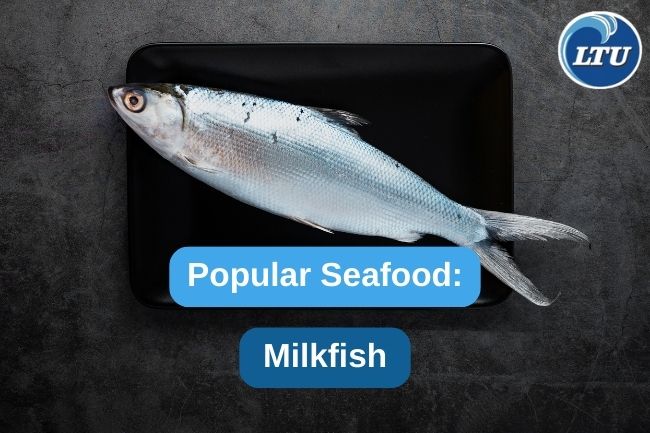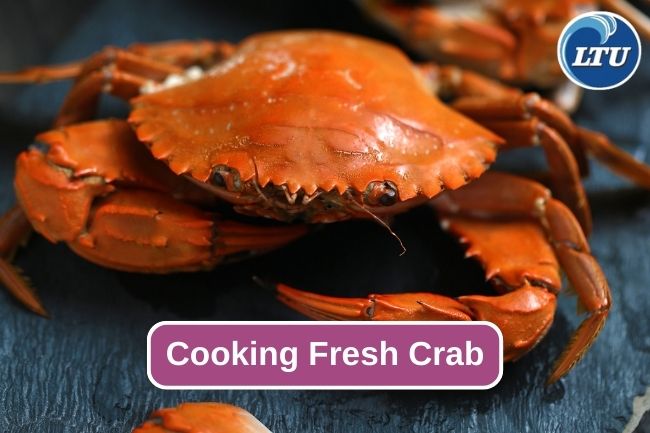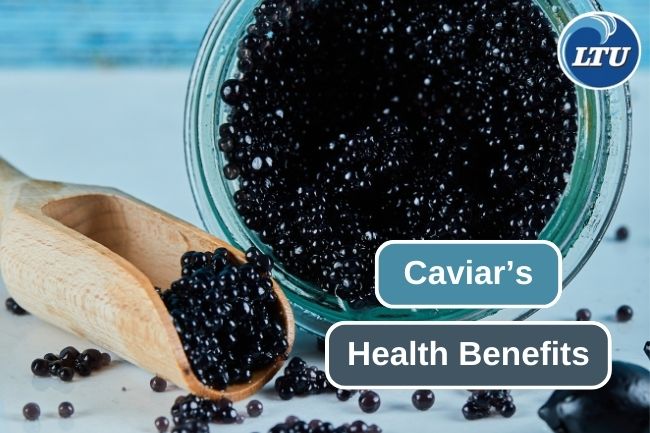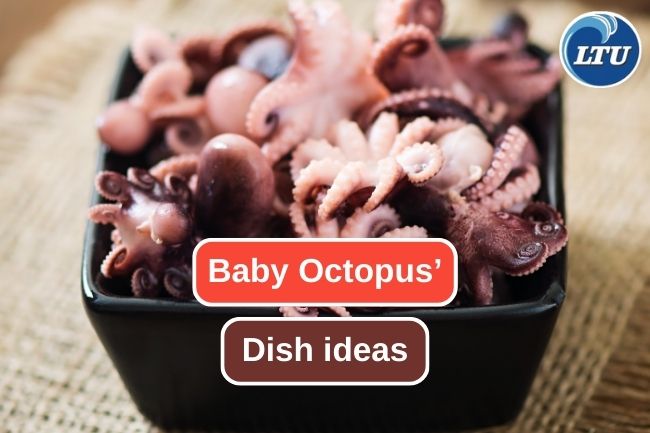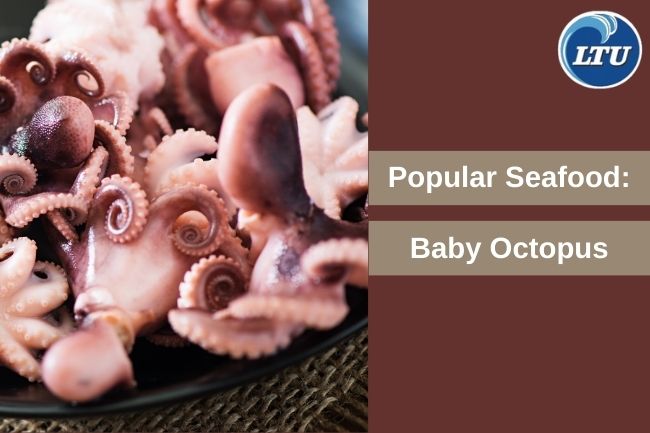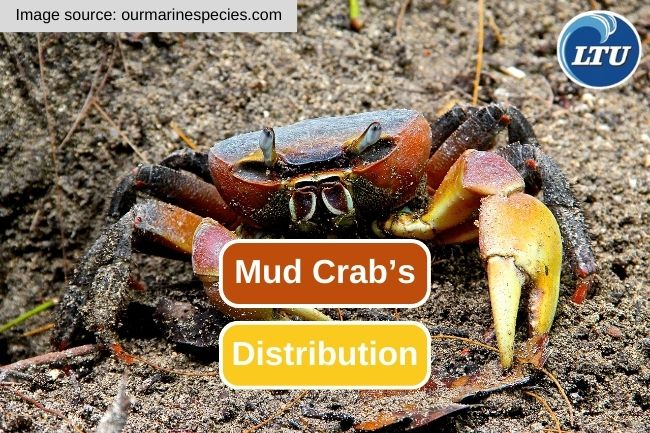Challenges and Opportunities in Octopus Farming
By. Nevanda - 01 Sep 2023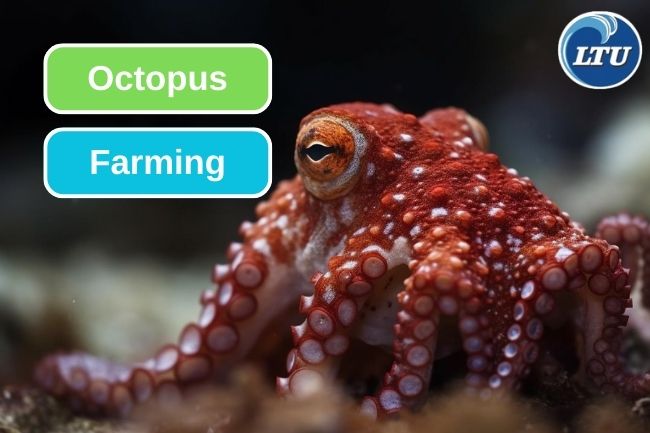
lauttimur.com - The market demand for octopus products tends to be high as octopus’ meat is considered delicious and is used in a variety of dishes across the world's cuisines, especially in restaurants and seafood markets. However, the supply of octopus from natural catches faces challenges. Octopus populations in some areas have experienced declines due to overfishing and habitat destruction.
This has prompted increased interest in octopus farming as an alternative to reduce pressure on natural populations. Hence, the octopus aquaculture industry has grown to answer the high market demand.
Read also: 10 Reasons Why Eating Fish Is Good for Your Health
Octopus can be farmed under certain conditions, although octopus farming can be challenging due to specific environmental and nutritional requirements. Some octopus species have been successfully farmed on a small scale in various countries. However, keep in mind that octopus farming requires in-depth knowledge of their life cycle, behavior and natural environment.
Here are some factors to consider in octopus farming:
1. Environment
Octopuses need an environment that suits their needs, including the right temperature, salinity, and water quality. The culture tank should be carefully set up to mimic their natural conditions.
2. Species Selection
Not all octopus species are suitable for aquaculture. Some species that are more suitable for aquaculture include the common octopus and the giant Pacific octopus.
3. Food
Octopuses are predators that feed on various types of prey such as fish, crustaceans, and small mollusks. Proper nutrition must be provided to ensure healthy growth.
Read also: These are 3 Different Types of Bluefin Tuna
4. Capture System
Octopuses often have the instinct to migrate long distances and explore their environment. Therefore, a good and secure capture system is necessary to prevent leakage or escape.
5. Maintenance
Octopus farming requires careful maintenance and constant supervision. This includes water quality monitoring, proper feeding, as well as disease prevention measures.
6. Life Cycle
Octopuses have a complex life cycle, including an important reproductive phase. Reproduction in aquaculture may require an understanding of reproductive stimulation and egg care.
Octopus aquaculture is generally still in the developmental stage and further research is needed to address the challenges that may arise. It is important to work closely with oceanographers and scientists experienced in octopus aquaculture if you plan to try this farming.
Read also: The Remarkable Range of Mantis Shrimp Distribution

